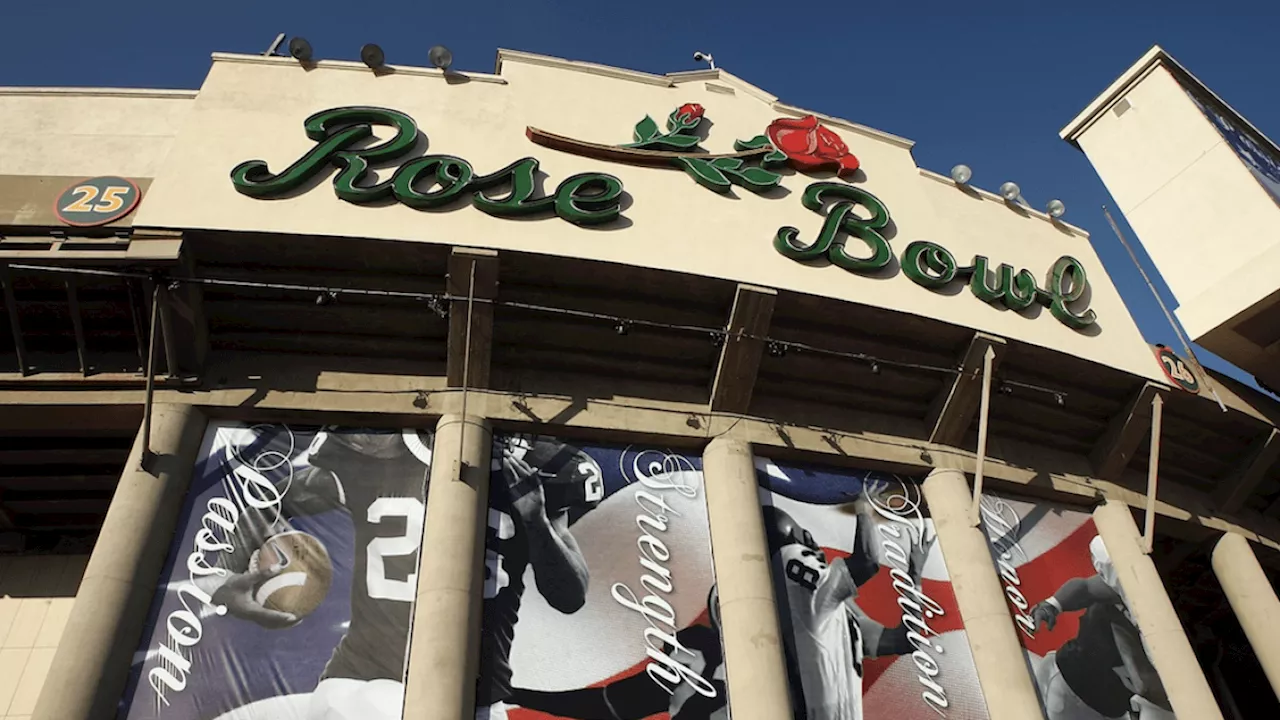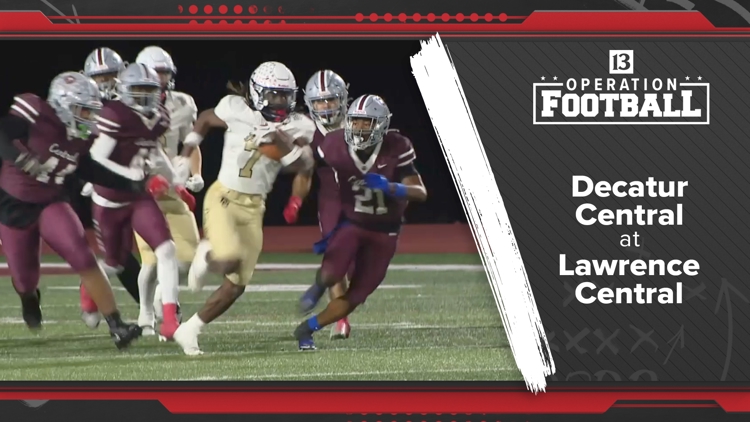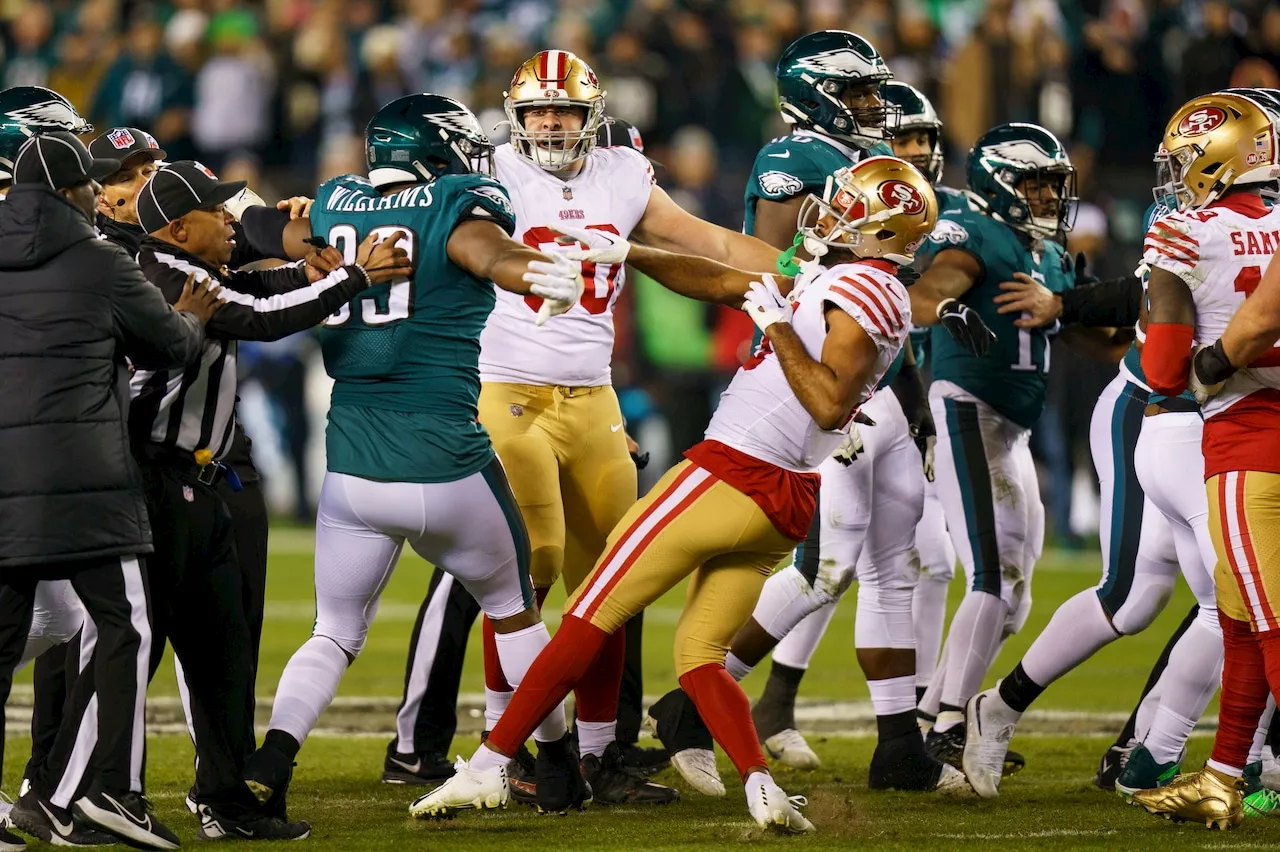A Los Angeles judge ruled on Wednesday that the city of Pasadena and the Rose Bowl Operating Company could not enforce a temporary restraining order to prevent the UCLA football team from playing its home games at alternative venues, including SoFi Stadium.
The lawsuit, initiated by Pasadena and the Rose Bowl Operating Company last month, claims that a lease agreement binds UCLA to play at the Rose Bowl until 2044. As part of the legal proceedings, the plaintiffs sought a restraining order to stop UCLA from playing home games elsewhere while the lawsuit is active.
During a court hearing on Wednesday morning, the judge determined there was no urgent need for such an order, indicating that there was no imminent threat of UCLA leaving the Rose Bowl. This comes as the university has been exploring possible new locations for its home games, with SoFi Stadium in Inglewood being a primary consideration.
In a statement provided to NBC Los Angeles, attorneys for Pasadena expressed their gratitude for the judge”s comments and reaffirmed their commitment to the case. Mary Osako, UCLA”s vice chancellor for strategic communications, clarified last month that the university had yet to make any definitive decisions regarding the future of its football home games, stating, “While we continue to evaluate the long-term arrangement for UCLA football home games, no decision has been made.”
The city of Pasadena contends that a representative from UCLA has indicated intentions to breach the existing agreement, which was originally signed in 2010 and later amended in 2014. The city has expressed its expectation that UCLA will adhere to the terms set forth in their contract, emphasizing that the City Council will take all necessary steps to protect its contractual rights on behalf of the public and local residents.
According to the lawsuit, UCLA”s alleged plans to abandon the Rose Bowl in favor of SoFi Stadium represent not only a breach of the contract but also a significant betrayal of the trust and tradition that the community has fostered with UCLA football over the years.
This legal battle reflects ongoing tensions surrounding the future of college sports venues in Southern California and the implications for local communities that have long supported their teams.







